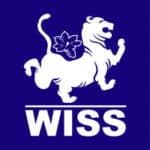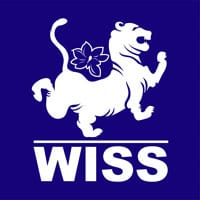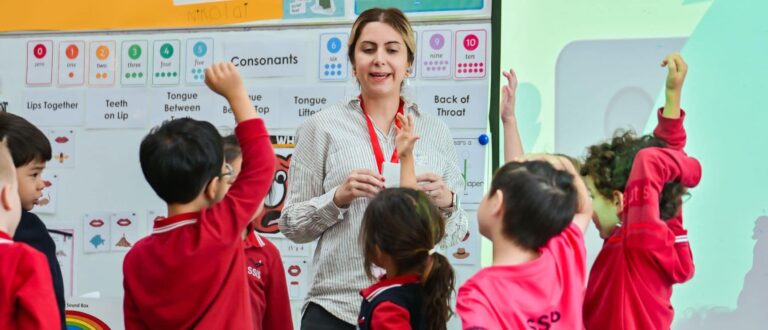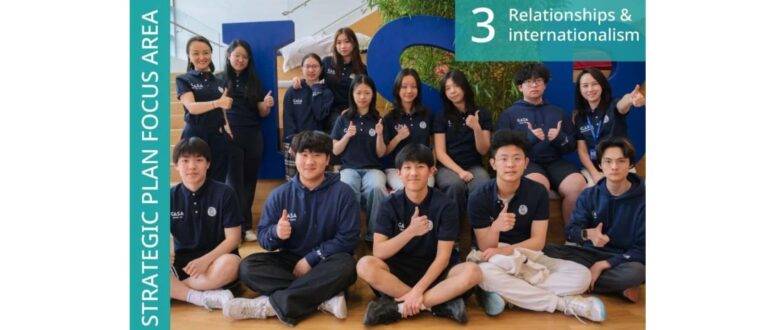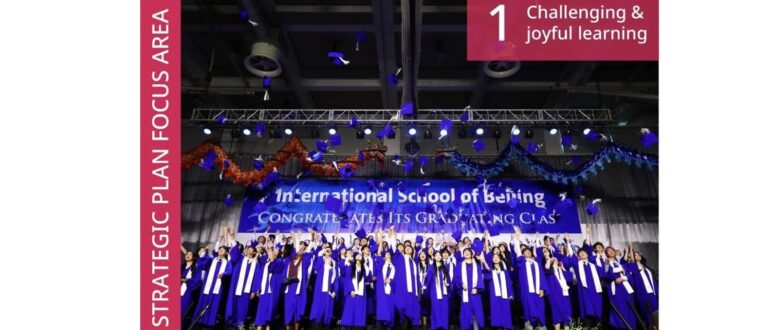Discover how educators at WISS are working to develop a culture of international mindedness in their students.
Creating a culture of international mindedness at WISS not only supports the school’s mission and vision but also allows our students to connect to the global community, to learn from others and to develop their global citizenship.
Developing attributes of the Learner Profile, such as being Open-minded, Principled and Caring, plays an important role in expanding our understanding of international mindedness. Students in Early Years and Primary learn to show respect and tolerance towards others by acknowledging the feelings and opinions of others and sharing their own feelings and ideas with their peers. They learn to be open-minded and empathetic by including others in their games, treating others with dignity and consideration, especially if they speak a different language or come from a different cultural background. They also demonstrate international mindedness by acting with integrity, for example making new students feel welcome, and actively sharing their cultural traditions, stories and beliefs.
An internationally minded student is an agentic student who is able to participate in decision-making with an understanding of how their actions impact others and with appreciation for other people’s ideas, feelings and perspectives. For our youngest children this begins with participating in group decisions about their learning spaces and engagements. They develop an understanding that the opinions of others are just as valued as their own. In addition to this, Primary students have an opportunity to engage in decision-making processes by participating in the Primary Action Cubs, where they discuss, plan and implement projects designed to benefit their school community.
To show commitment to international mindedness, students need to be able to communicate with others in different languages. By learning different languages, students begin to have an appreciation of their own and other people’s cultures, and to consider different points of view. At WISS English is the common language that helps create an inclusive environment. Students are encouraged to develop and share their home languages with the school community. To support students’ language learning, they are given access to books and resources in a variety of languages.
As a diverse school community, WISS students have an opportunity to embrace other cultures, to develop empathy and to become individuals who treat others with respect and compassion. To celebrate our diversity in the PYP, students engage in Units of Inquiry connected to culture, and explore different perspectives through discussions, role-play, debates and group work. Students are also given an opportunity to celebrate various cultural holidays and traditions with the goal of being part of one multicultural, multilingual community.
Contributed by Heidi Steinbring, Primary Years Programme Coordinator (Early Years) and Inga Bela, Primary Years Programme Coordinator (Primary)
